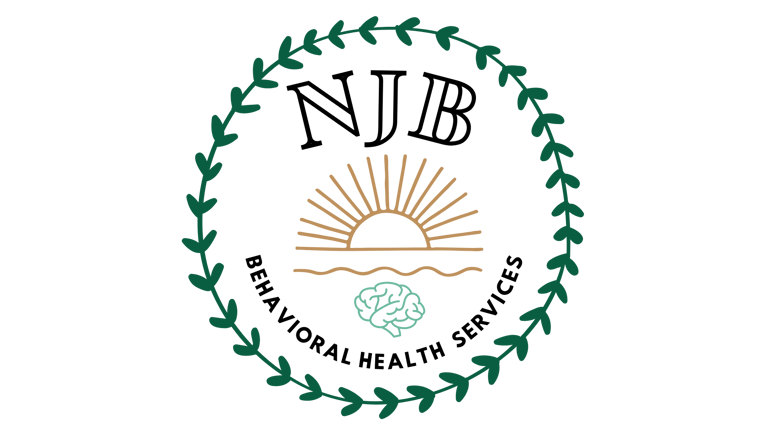Depression is a debilitating mental health condition that affects millions of people worldwide. It can manifest in various ways, with symptoms ranging from feelings of sadness and hopelessness to physical symptoms such as changes in appetite and sleep patterns. Understanding the symptoms of depression is crucial in order to seek appropriate treatment and support.
One of the most common symptoms of depression is persistent feelings of sadness or emptiness. Individuals may experience a deep sense of despair that does not seem to lift, regardless of external circumstances. This pervasive sadness can linger for weeks, months, or even years, impacting all aspects of a person's life.
In addition to emotional symptoms, depression can also manifest in physical ways. Fatigue and lack of energy are common symptoms of depression, making it difficult for individuals to engage in daily activities. Changes in appetite and weight can also occur, with some people overeating as a way to cope with their emotional distress, while others may lose their appetite altogether.
Another symptom of depression is cognitive impairment, which can manifest as difficulty concentrating, making decisions, or remembering things. This cognitive fog can impact work performance and interpersonal relationships, adding to the overall sense of helplessness and despair.
Sleep disturbances are also common in individuals experiencing depression. Insomnia, or the inability to fall or stay asleep, is a frequent symptom of depression, as is oversleeping or feeling excessively tired throughout the day. These disruptions in sleep patterns can further exacerbate feelings of fatigue and low energy levels.
Other symptoms of depression can include irritability, restlessness, and feelings of guilt or worthlessness. Some individuals may also experience physical aches and pains, such as headaches or stomachaches, which have no apparent medical cause but are nonetheless linked to their emotional state.
The symptoms of depression are multifaceted and can have a profound impact on an individual's quality of life. Recognizing these symptoms is the first step towards seeking help and finding effective treatment options. If you or someone you know is experiencing any of these symptoms, it is important to reach out to a mental health professional for support and guidance. Remember, you are not alone in your struggles, and help is available
Symptoms treatment is a critical aspect of healthcare, as it focuses on alleviating the discomfort and pain associated with various medical conditions. There are numerous symptoms that individuals may experience, ranging from mild to severe, and it is essential to address these symptoms promptly to improve quality of life. The use of various treatment options, including medication, therapy, or lifestyle changes, can help manage symptoms effectively.
One of the key components of symptom treatment is the use of medication. Medications can help alleviate pain, reduce inflammation, or regulate specific bodily functions. For example, pain relievers such as ibuprofen or acetaminophen can be used to manage headaches or muscle aches. Anti-inflammatory drugs like corticosteroids can help reduce swelling and pain in joints for individuals with arthritis. Additionally, medications that target specific neurotransmitters in the brain can help manage symptoms of mental health conditions such as depression or anxiety.
In addition to medication, therapy can also play a crucial role in symptom treatment. Cognitive-behavioral therapy (CBT) is a common type of therapy that focuses on changing negative thought patterns and behaviors to improve symptoms of various mental health conditions. Physical therapy can help individuals regain mobility and strength after an injury or surgery. Occupational therapy can assist individuals in developing skills to perform daily tasks independently despite physical or cognitive limitations.
Furthermore, lifestyle changes can significantly impact symptom management. Adopting a healthy diet, regular exercise routine, and proper sleep hygiene can improve overall well-being and reduce the severity of symptoms. Avoiding triggers such as allergens, stressors, or certain foods can also help prevent symptom flare-ups. Engaging in mindfulness practices such as meditation or yoga can reduce stress and improve mental health symptoms.
Overall, the effective treatment of symptoms requires a comprehensive approach that considers medication, therapy, and lifestyle modifications. By addressing symptoms promptly and holistically, individuals can experience an improved quality of life and better overall health outcomes. It is essential to work closely with healthcare providers to develop a personalized treatment plan that aligns with individual needs and goals.
Treatment of Depression
Symptoms of Depression




